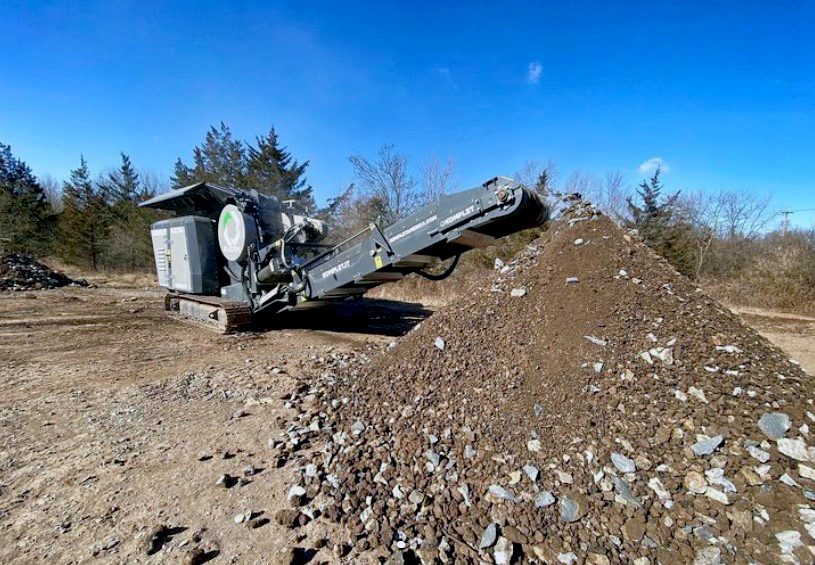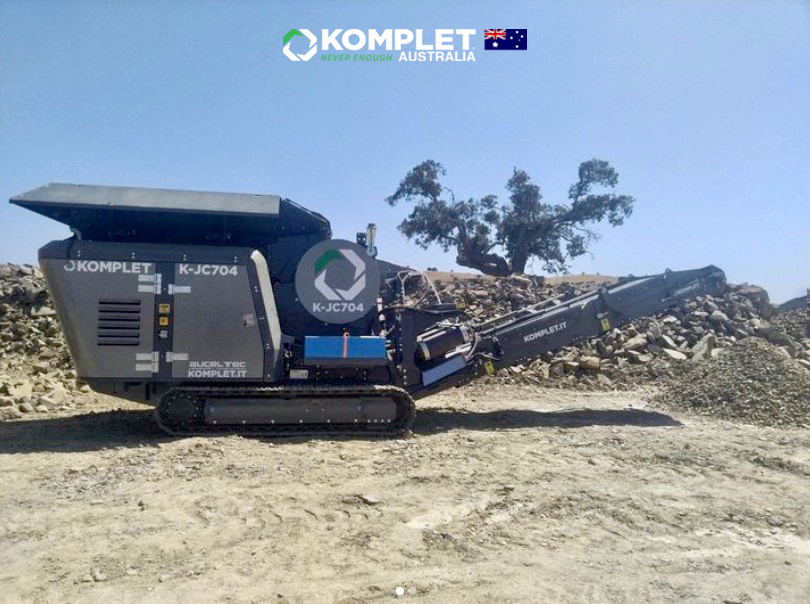When choosing the right crusher for your project, one of the critical decisions you’ll face is whether to use a mobile jaw crusher or a stationary crusher. Both have their unique benefits and drawbacks, and the choice ultimately depends on your specific project requirements.
In this blog post, we’ll compare the flexibility, cost, and efficiency of mobile jaw crushers and stationary crushers to help you make an informed decision.
1. Flexibility
Mobile Jaw Crushers
One of the most significant advantages of mobile jaw crushers is their mobility and flexibility. Mobile crushers are designed to move easily from one site to another, allowing them to be used for projects that require frequent relocation.
They are ideal for temporary projects, such as construction sites or roadwork, where you need to move equipment to different locations.
- Pros:
- Easy relocation between project sites.
- Ability to crush material directly at the worksite, reducing the need for transportation.
- Suitable for small to medium-sized projects.
- Cons:
- Limited to specific crushing capacities compared to stationary units.
- Not as robust as stationary crushers for heavy-duty applications.
Stationary Crushers
Stationary crushers are installed at a fixed location and are designed for long-term use. They are better suited for large-scale, continuous projects, such as quarries or mining operations, where crushing capacity and durability are key.
- Pros:
- Higher crushing capacity and strength.
- Ideal for large, long-term projects with a consistent feed.
- Cons:
- Lack of mobility means they cannot be relocated easily.
- Requires more planning for installation, including site preparation and foundations.
2. Cost
Mobile Jaw Crushers
When it comes to cost, mobile jaw crushers often have a higher upfront price compared to stationary crushers due to the additional technology required for mobility. However, they can provide significant savings in operational costs.
- Pros:
- Lower transportation costs, as the crusher can be moved to the material rather than transporting the material to the crusher.
- No need for extensive infrastructure or foundation, reducing initial setup costs.
- Ideal for projects with a short timeline.
- Cons:
- Higher initial purchase price compared to stationary crushers.
- Maintenance can be slightly more complex due to additional mobile components.
Stationary Crushers
Stationary crushers are often more economical in terms of initial purchase price, but they require significant infrastructure and installation costs. The long-term cost of stationary crushers can be lower if the crusher is used for an extended period at the same site.
- Pros:
- Lower initial cost compared to mobile units.
- Efficient for high-volume, continuous operations, leading to better long-term cost savings.
- Cons:
- Higher installation costs due to infrastructure requirements, such as foundations and site preparation.
- Transportation costs can be higher if material needs to be moved to the crusher.

3. Efficiency
Mobile Jaw Crushers
Mobile crushers are highly efficient for projects that require onsite crushing, as they eliminate the need for transporting materials. This efficiency not only saves time but also reduces fuel consumption and emissions.
- Pros:
- Ability to start crushing as soon as you reach the site, enhancing project timelines.
- Suitable for projects with varied materials, as they can be moved to different areas of the site as needed.
- Cons:
- Capacity limitations may lead to slower processing speeds for large volumes.
- Depending on the model, may not have the same level of processing efficiency as stationary units.
Stationary Crushers
Stationary crushers are often more efficient for handling large volumes of material due to their high crushing capacity and robust design. They are ideal for applications requiring consistent production and processing efficiency.
- Pros:
- Greater processing power and capacity, leading to higher throughput.
- Designed for efficiency over long periods, with minimal downtime.
- Cons:
- Not suitable for short-term projects or projects that require frequent site changes.
- Installation time and preparation can delay project startup.
Which is Right for Your Project?
The choice between a mobile jaw crusher and a stationary crusher depends on several factors, including the project type, timeline, budget, and crushing requirements.
- Choose a Mobile Jaw Crusher if:
- Your project requires frequent relocation, such as road construction or demolition work.
- You want to minimize transportation costs and need to crush material onsite.
- The project is short-term or you require flexibility in site operations.
- Choose a Stationary Crusher if:
- You are working on a long-term project, such as a quarry or mining operation.
- Your priority is achieving maximum processing efficiency and handling large volumes of material.
- Site infrastructure and preparation are not an issue, and mobility is not required.
Conclusion
Both mobile jaw crushers and stationary crushers have their own advantages, and the right choice will depend on your specific needs. Mobile jaw crushers provide unmatched flexibility and convenience, especially for short-term projects that require frequent relocation.
On the other hand, stationary crushers offer superior crushing power and efficiency for large-scale, long-term operations.
Understanding the benefits and drawbacks of each option will help you make the best decision for your project, ensuring that you maximize productivity while minimizing costs. Whether you prioritize flexibility or high-volume efficiency, there’s a crusher that fits your needs.

